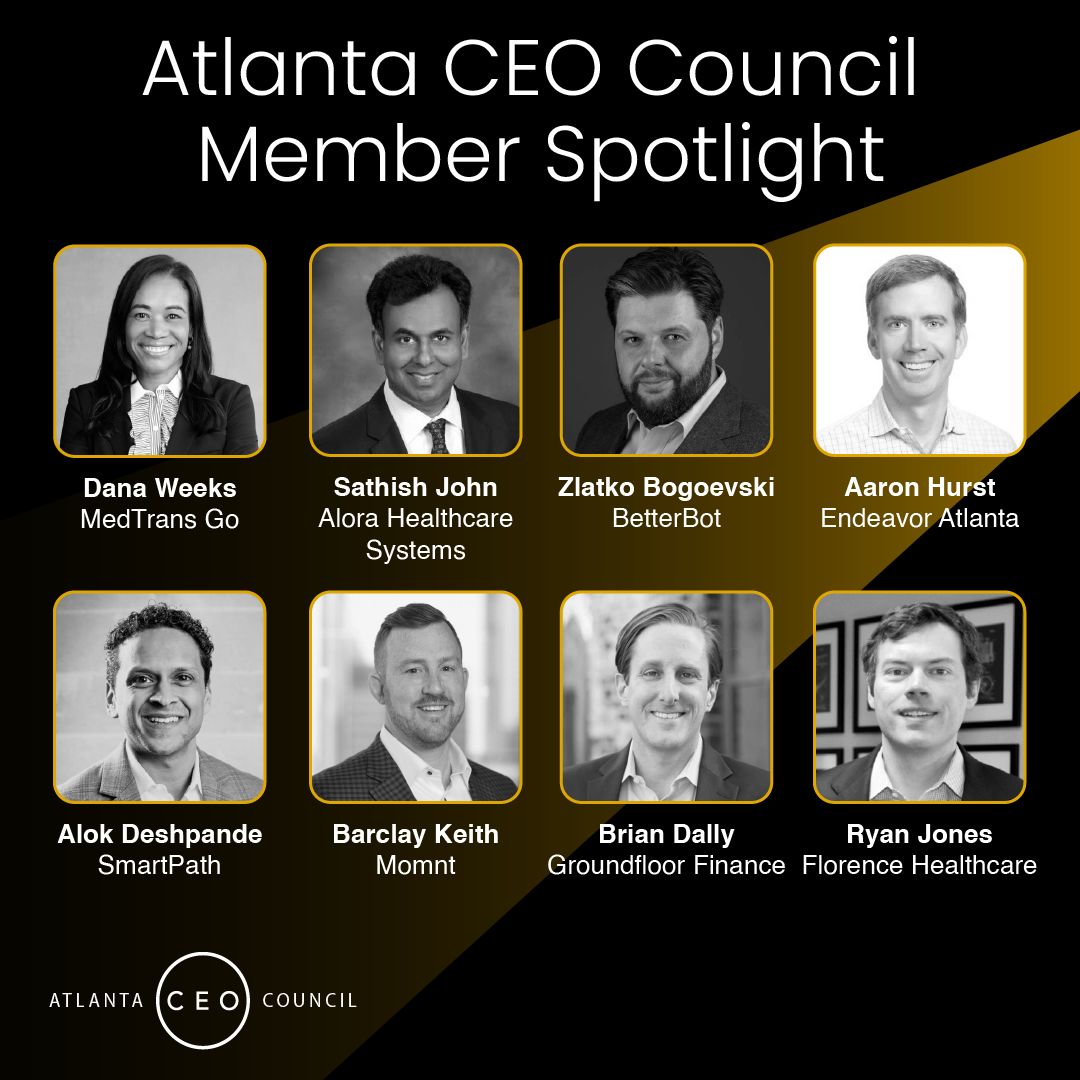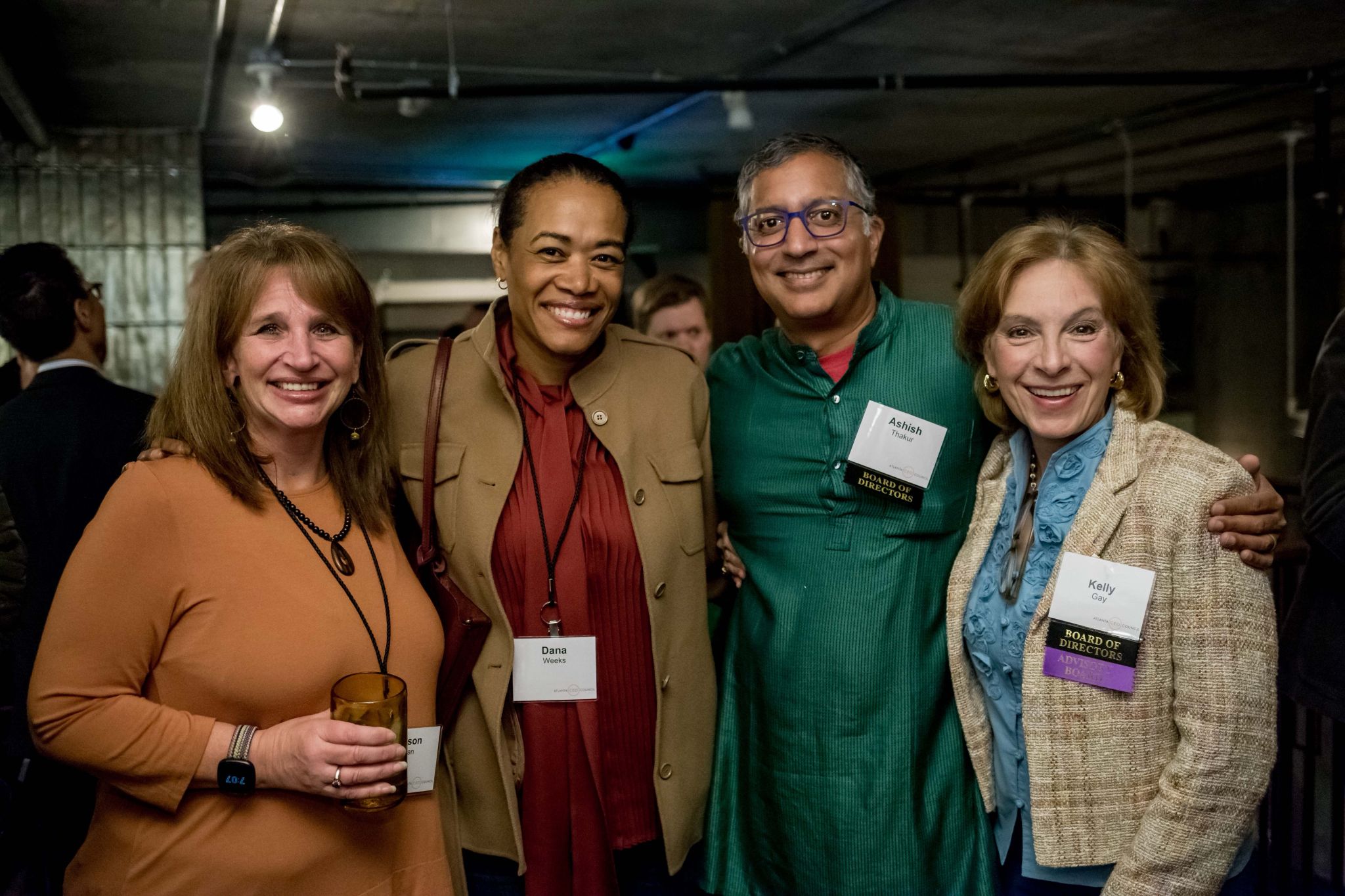The Atlanta CEO Council’s (ACEO) mission is to connect CEOs to capital, customers, talent, and each other. We execute this through memberships and 14 annual events. We are directly affected by the COVID-19 environment, but that hasn’t stopped our CEOs from gathering, helping, and inspiring.
Monday nights, at the time we hold our dinners, Ingrid Miller, COO at Rural Sourcing Inc., led a discussion on corporate concerns for reopening. This article is an account of that conversation, highlighting concerns about reopening office spaces.
Ingrid Miller, COO at Rural Sourcing, Inc.
Atlanta-based Rural Sourcing, Inc. leverages untapped technology and talent in mid-size cities across the country to provide solutions for Fortune 1000 clients. Their agile teams build, deploy, and support mission-critical software for pharmaceutical, healthcare, high-tech, insurance, and consumer-retail goods industries. Atlanta CEO Council is thankful to recognize Rural Sourcing, Inc. as a Founding Company Member.
As COO of Rural Sourcing, Inc., Ingrid Miller oversees 600 employees, manages client relationships, and ensures the scalability and reliability of RSI’s process. Ingrid is acutely aware of how working remotely, combined with the state of the world, impacts the productivity, well-being, and morale of her colleagues. Given her position, Ingrid leads the conversation on concerns companies have as they plan to reopen.
Reopening Concerns
In Part 1 of this article series, Ingrid voices the company’s main reason for wanting to reopen their offices. RSI plans to reopen in phases starting once they receive the necessary PPE in July. The company will let 5-10 percent of their employees back in the offices (about 14 employees per office) — only allowing employees with specific needs to return. “Initially, we thought we’d bring back 25% of the workforce,” says Ingrid, “but the more we research, the greater concern we have.” RSI is learning from the CDC and other experts that there is more to consider than wiping surfaces and socially distancing. Meeting attendees added to the discussion by expressing their concerns and uncertainties for reopening.
Re-entering Unoccupied Buildings
In the face of a COVID pandemic, some might find it hard to imagine an outbreak of any other disease. However, Ingrid and many other leaders on the call have the foresight and willingness to consider the threat of another disease as they reopen their offices. The leaders discuss their concerns about Legionnaires’ disease as they plan their employees’ return to buildings that have been unoccupied for several months. They are working diligently with commercial landlords to make sure they are taking the necessary steps to eliminate the risk of spreading the disease. Ingrid expresses her concerns about some landlords of smaller properties. “I’m not worried about our Atlanta office,” she says, “but I’m concerned about some of our offices in the smaller cities.” She will continue to work closely with landlords to ensure the safety of her colleagues.
Employee Morale
In Part 2 of this article series, meeting attendees made it clear that employees are the central focus of their plans for reopening and have a large role in creating a safe environment for their colleagues. Meeting attendees discuss their concerns for low employee morale upon reopening their offices. Nootan Pradhan, owner of FirstLight Home Care of Metro Atlanta explains that stress is at an all time high among employees. “As we conduct our tests at work sites that have just opened,” she says, “employees come in very nervous. Employees are making a lot of judgement calls about whether they’ve made the right decision to come back to work and if their employer made the decision to reopen in their best interest.” RSI is thinking about how they will address employee morale if a colleague does test positive. “Employees might be scared to return to work if someone gets sick,” explains Ingrid.
Visitors
Startups often connect with community members and investors, so there’s a lot of dialogue around how to address that population since they’re not employees or tenants.
Ventilation
Health officials are still unclear about the aerosolization COVID-19, so ventilation is a major concern of reopening office spaces. Raj, CEO of SoftWear Automation, refers to studies he read that suggest employee placement, in relation to the office HVAC system, can directly affect their chance of contracting COVID if the office has been exposed. Ingrid is working with landlords to find air replacement solutions and to make sure HEPA filters are replaced, but she is still concerned about the HVAC system exposing her employees to air from other offices. “We can do all the right things in our office, but if our neighbors aren’t doing the same, then our office can be at risk,” she says.
Vipula Tailor, CEO of Sonix Medical Devices, offers a possible solution to this issue. She explains that the Heineken plant is installing UV lights inside air ducts to kill any virus particles that are circulating throughout the HVAC system. The lights will be far inside the air ducts, so the rays cannot reach the people working in the facility. Human exposure to high-power UV rays can lead to severe skin irritation and cancer. The UV lights are being custom-made at a factory in China. They are in the shape of a filter that goes inside the air ducts. This might be a popular option for large buildings as it is cheaper than rebuilding an entire HVAC system.
Liability
There is a lot of uncertainty surrounding company liability. Nootan addresses potential liability issues about collecting and sharing medical information about employees. There are strict guidelines businesses must follow to stay in HIPPA, OSHA and ADA compliant. Other meeting attendees are unclear about whether their companies can be held liable if one of their employees contracts COVID-19.
See this article on LinkedIn.

























